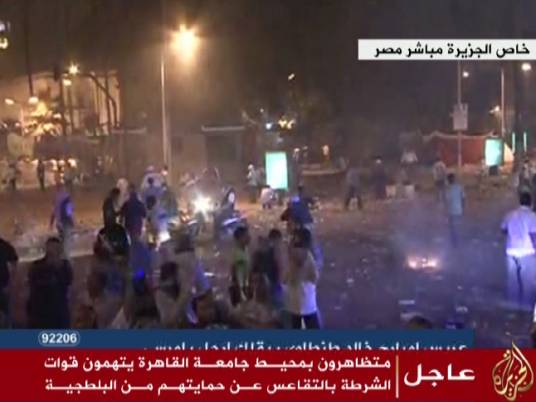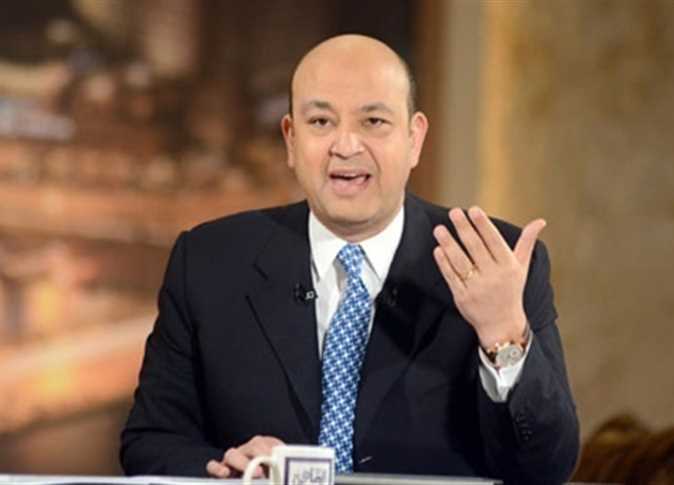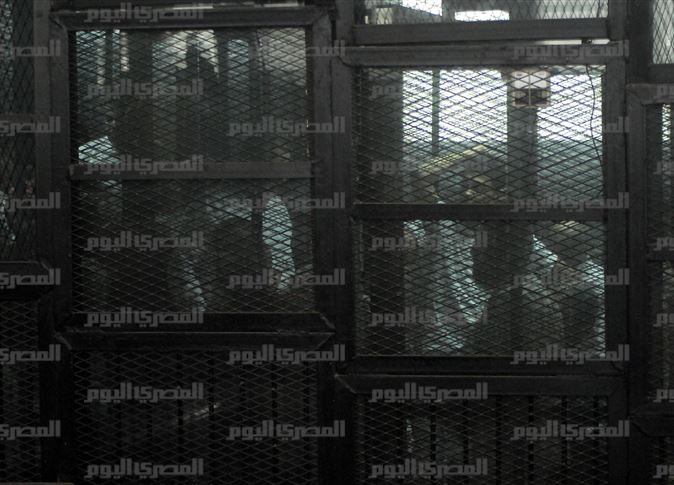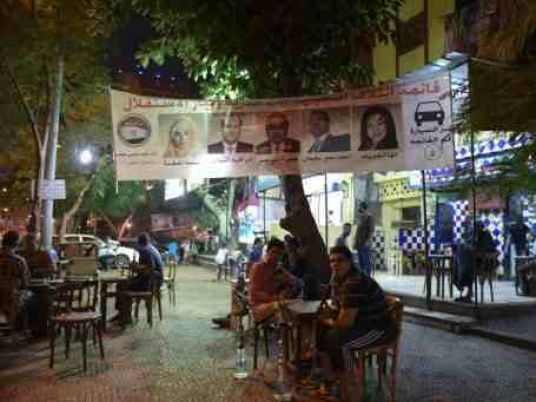
The Giza Prosecution has received a copy of the investigations conducted by Egyptian Homeland Security into the clashes that took place between supporters and opponents of President Mohamed Morsy in the districts of Bein al-Sarayat and al-Bahr al-Aazam, as well as on Giza Bridge, which left 36 people dead and 500 others injured.
The investigations revealed that the leaders of the Muslim Brotherhood and their allies, who are being detained for 15 days pending investigation, are implicated in murder and attempted murder of citizens, that they have funded their supporters to take the country into a "dark tunnel," and that they provided them with weapons to kill innocent people, all within a plan to reinstate the deposed regime.
Judicial sources told Al-Masry Al-Youm that prosecutors will go to al-Aqrab prison to face the defendants with evidence on 30 June, the date their incarceration could be renewed.
Investigations also revealed that the defendants paid masked and armed terrorists to take positions on roofs of buildings near Cairo University and Giza Bridge and shoot at citizens, pointing out that this was part of a plan called “Plight to Overthrow of the Regime.”
Egyptian Homeland Security is investigating further the role that former Minister of Supply Bassem Ouda played in the events of the al-Bahr al-Aazam and al-Mahatta streets, as a preliminary investigation showed that he took part in a march from al-Nahda Square to al-Bahr al-Aazam Street, then the armed elements stood on Giza Bridge and started shooting citizens in the eyes and the chest.
Investigations also showed that those “extremist” elements killed the two citizens whose bodies were found in the al-Orman public park, which confirms that jihadists were behind those killings.
Egyptian Homeland Security said that members of the Guidance Bureau and the Freedom and Justice Party, with their allies who are jailed in the al-Aqrab prison, sent the groups that filled al-Nahda Square and Giza Bridge to control these vital areas, which prompted the residents of al-Bahr al-Aazam, Bein al-Sarayat, and al-Mahatta to resist them.
It added that millions of pounds were paid by the defendants to purchase weapons from abroad, and that they paid their supporters to carry out their plan to reinstate the former regime, which was confirmed when Hazem Abu Ismail was arrested at his home in Dokki with LE1.25 million in cash in his possession.
Investigations also found out that the defendants told their supporters this was a jihad in the name of God, and for the victory of Islam, and that the Brotherhood's plan was aimed to distort the military and paralyze the country with the bloodshed that it had planned.
The detainees are Hazem Abu Ismail, leader of the Salafi al-Raya Party, Helmy al-Gazzar, a leading figure of the Freedom and Justice Party, Abdel Moneim Abdel Maqsoud, the lawyer for the Muslim Brotherhood, and former MP Mohamed al-Omda.
Prosecutors ordered the seizure of their bank accounts, and banned them from accessing their funds.
Also banned from accessing their funds are Saad al-Katatny, head of the Freedom and Justice Party, and Rashad Baioumy, deputy supreme guide of the Muslim Brotherhood, who were released pending investigation into the Bein al-Sarayat case.
Correction: An earlier version of this article stated that the National Security Council had conducted the investigations. The investigations were conducted by the Egyptian Homeland Security, a department at the Ministry of Interior.
Edited translation from Al-Masry Al-Youm



